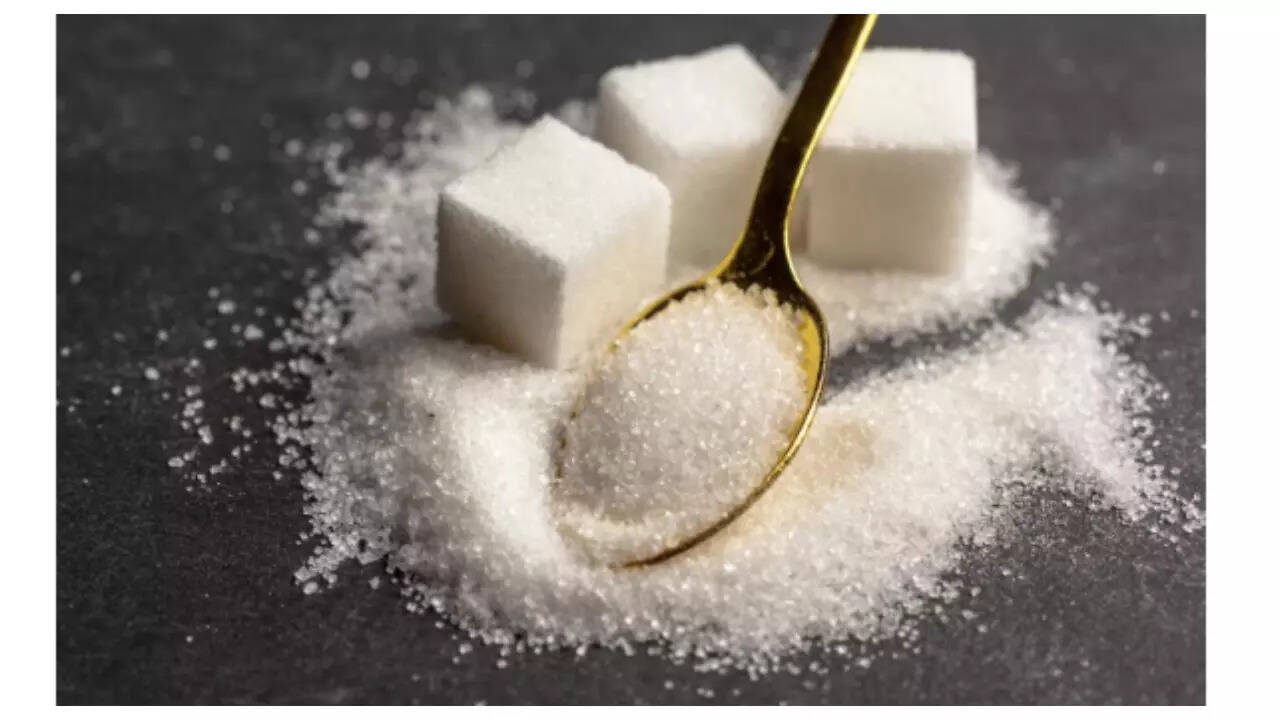Liver diseases are becoming increasingly common, especially among the young generation. One of the most common conditions is non alcoholic fatty liver disease (NAFLD). Once primarily associated with older individuals, NAFLD, however, is increasingly affecting young adults, due to many modern lifestyle factors such as poor diet, sedentary habits, and obesity. If left untreated, fatty liver disease can progress to more serious conditions such as non-alcoholic steatohepatitis (NASH), liver fibrosis, cirrhosis, and even liver cancer. Over time, it may also increase the risk of cardiovascular disease and type 2 diabetes. Fortunately, fatty liver can be reversed, along with proper treatment and lifestyle changes. Here are five evidence-based strategies to reverse NAFLD. Stick to a Mediterranean dietWhat you eat has a significant impact on your health. The Mediterranean diet, rich in fruits, vegetables, whole grains, nuts, olive oil, and fatty fish, is considered one of the best diets for overall health and well-being. Studies have consistently shown that following a Mediterranean diet can reduce liver fat and is the most recommended dietary pattern for NAFLD. This diet helps to reduce liver fat and inflammation. This diet is rich in anti-inflammatory and antioxidant foods, and also does not have any refined carbs and processed sugars, both known to worsen liver health. Incorporate physical activity

Regular exercise is a powerful tool to manage NAFLD. Aim for at least 150 minutes of moderate aerobic activity weekly, such as brisk walking or cycling. Also, add strength training. A 2017 study has linked NAFLD to a sedentary lifestyle. It is important to understand that our body is programmed to move. Physical activity plays an important role in the management of NAFLD and NASH. Regular exercise reduces liver fat by improving insulin sensitivity. Even small changes, like taking stairs or walking during breaks, can make a difference.Lose excess weight

Weight loss is one of the most effective ways to reverse fatty liver disease. Even losing 5-10% of body weight can significantly reduce liver fat. It is important to understand that gradual and sustainable weight loss through diet and exercise is key. Rapid weight loss can worsen liver damage. Talk to your healthcare provider or nutritionist to create a sustainable plan tailored to your needs. Keep track of your progress with measurable goals, like waist circumference or BMI.
Cut sugar and refined carbs

One of the most effective ways to improve your liver health is to limit foods high in added sugars, such as soft drinks, pastries, and white bread. Excess sugar, particularly fructose, is directly linked to fat accumulation in the liver. Also, avoid any refined carbs, and instead eat whole foods and ones that have a low glycemic index, such as oats, legumes, brown rice, and vegetables, to stabilize blood sugar levels. A 2023 study has emphasized the importance of reducing sugar intake. It is also linked to metabolic conditions of insulin resistance, type 2 diabetes, and obesity. Drink coffee

Studies have consistently shown that drinking coffee, especially black coffee without sugar or cream, may protect the liver. Coffee is rich in antioxidants like chlorogenic acid, which can help reduce oxidative stress in the liver. It has been associated with lower levels of liver enzymes, reduced liver inflammation, and a decreased risk of liver fibrosis in people with NAFLD. A 2021 study found that drinking cups of coffee every day can reduce the risk of fatty liver by 20% and death from chronic liver disease by 49%. However, if you have other health conditions like acid reflux or anxiety, it is important to consult a doctor.

